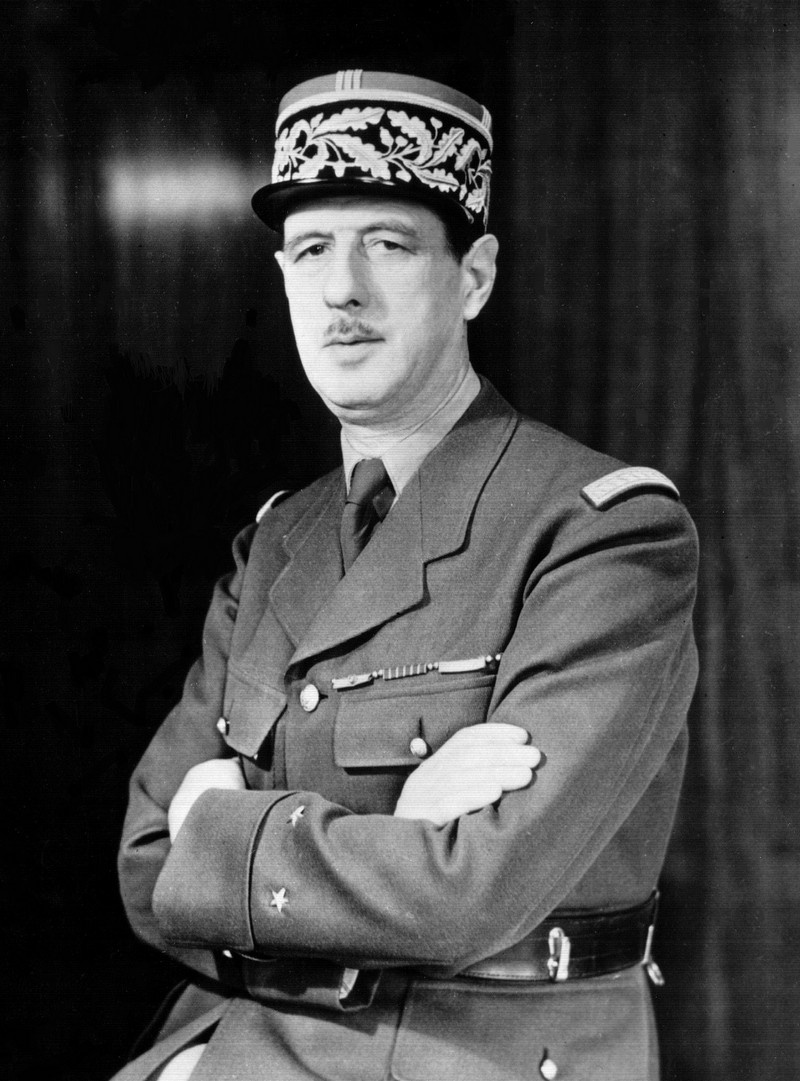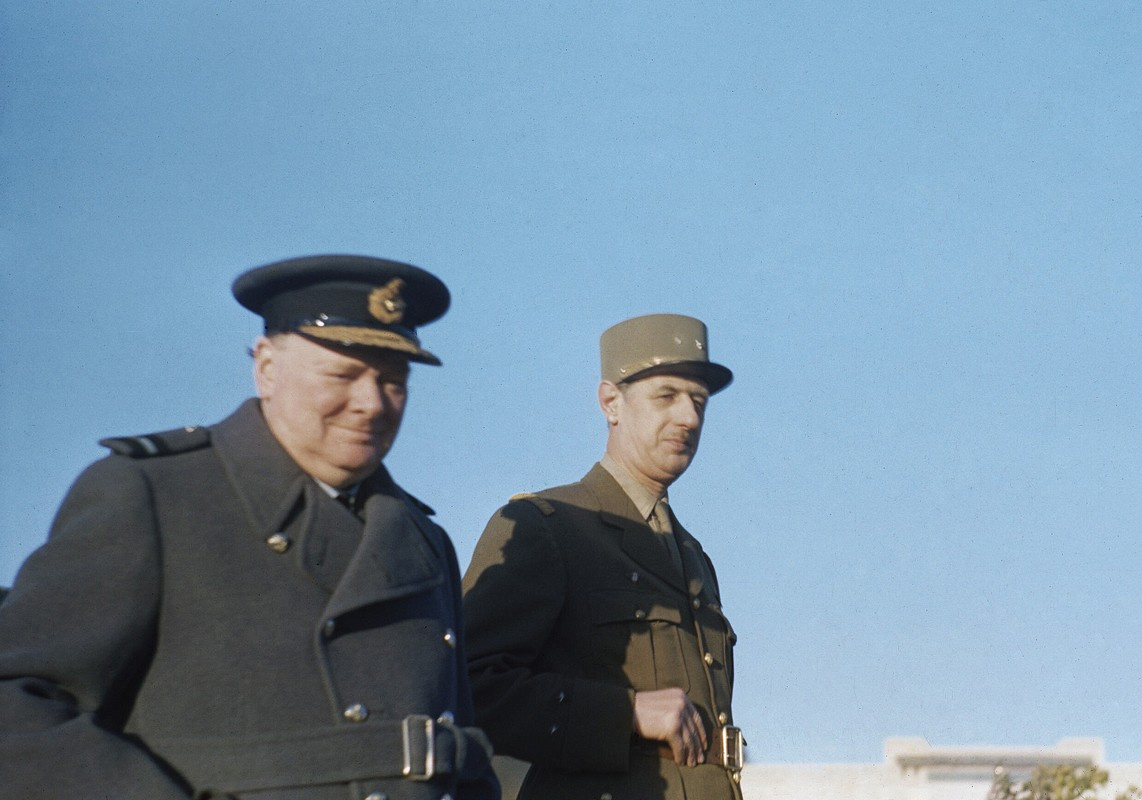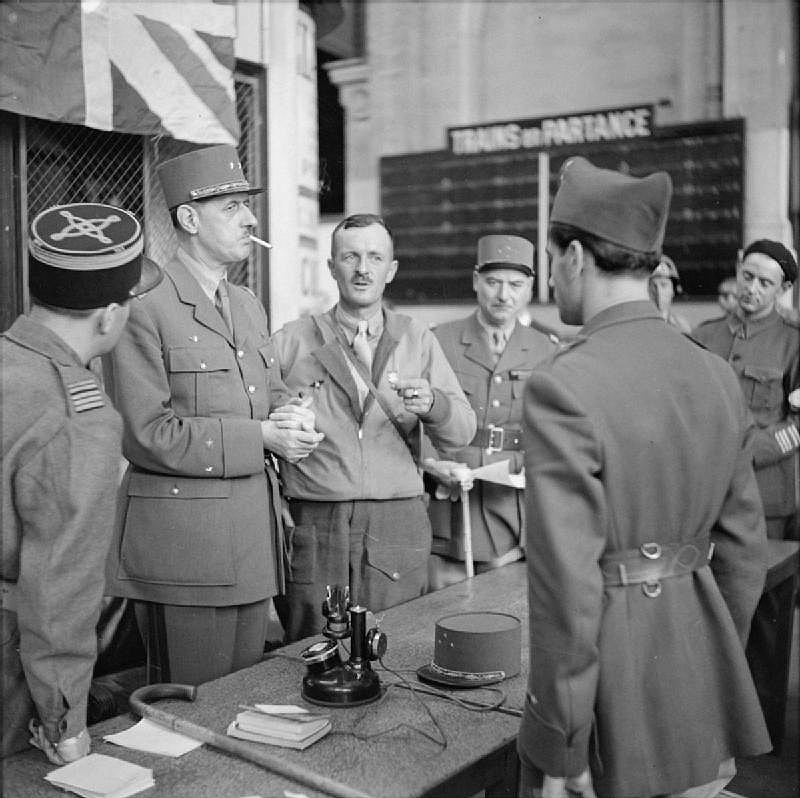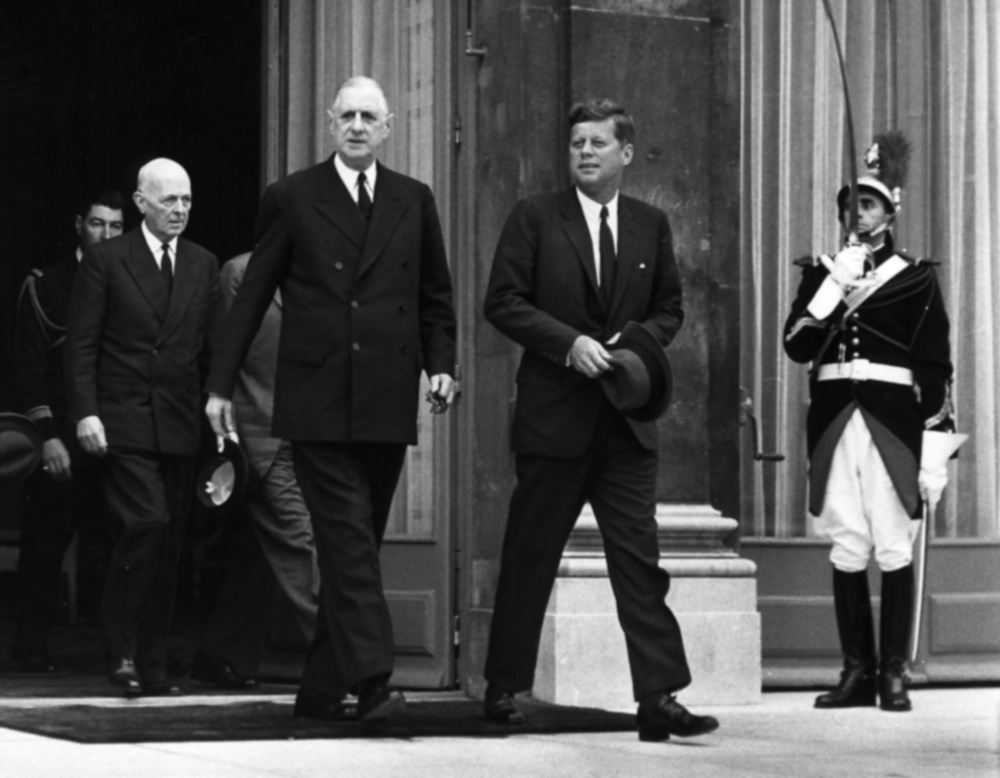
Background and the great war
Charles André Joseph Marie de Gaulle (1890–1970) was one of France’s most influential military and political leaders, remembered for his unwavering patriotism, his leadership of the Free French Forces during World War II, and his role in founding the Fifth Republic. His vision, courage, and determination helped restore France’s pride and independence at one of the darkest moments in its history.
De Gaulle was born on November 22, 1890, in Lille, France, into a patriotic, Catholic family. From a young age, he developed a strong interest in military affairs and French history. He attended the prestigious Saint-Cyr Military Academy and began his career as an officer in the French Army. During World War I, de Gaulle served with distinction but was captured by the Germans in 1916 at the Battle of Verdun. He made several escape attempts, demonstrating the persistence that would define his later career.
Between the wars, de Gaulle pursued a career as a writer and military thinker. He wrote several influential works advocating the modernization of the French army, emphasizing the use of tanks and mobile warfare. However, his ideas were largely ignored by the French military leadership, which clung to outdated defensive strategies such as the Maginot Line.

World War Two
When World War II broke out in 1939, de Gaulle commanded an armored division and showed great skill in combat. However, France fell quickly to Nazi Germany in June 1940. Refusing to accept defeat, de Gaulle fled to London, where he made a historic radio broadcast on June 18, 1940. In his speech, he called on the French people to continue the fight against Germany, declaring that “France has lost a battle, but France has not lost the war.” This marked the beginning of the Free French movement, which sought to unite resistance efforts inside and outside occupied France.
Throughout the war, de Gaulle led the Free French Forces, organizing exiled troops and coordinating with the Allied powers. He faced many challenges, including tense relations with Winston Churchill and Franklin D. Roosevelt, who were sometimes skeptical of his leadership. Despite these difficulties, de Gaulle remained steadfast in defending France’s sovereignty and independence. When Paris was liberated in August 1944, he triumphantly entered the city and reestablished the French government, insisting that France be treated as one of the victorious Allied nations.

After WW2 and Presidency
After the war, de Gaulle headed the provisional government but resigned in 1946 following political disagreements. For the next decade, he lived in relative retirement, writing his memoirs and observing the turbulent politics of the Fourth Republic. In 1958, amid the Algerian crisis and political instability, he returned to power. De Gaulle drafted a new constitution that created the Fifth Republic, giving greater authority to the presidency. As its first president from 1959 to 1969, he strengthened France’s economy, ended the Algerian War, withdrew France from NATO’s integrated command, and pursued an independent foreign policy that emphasized national sovereignty.

Death
De Gaulle resigned in 1969 after a failed referendum and retired to his home in Colombey-les-Deux-Églises, where he died and was buried in 1970. His legacy endures as the symbol of French pride, resilience, and independence. Charles de Gaulle’s vision and leadership reshaped modern France and secured his place among the great statesmen of the 20th century.